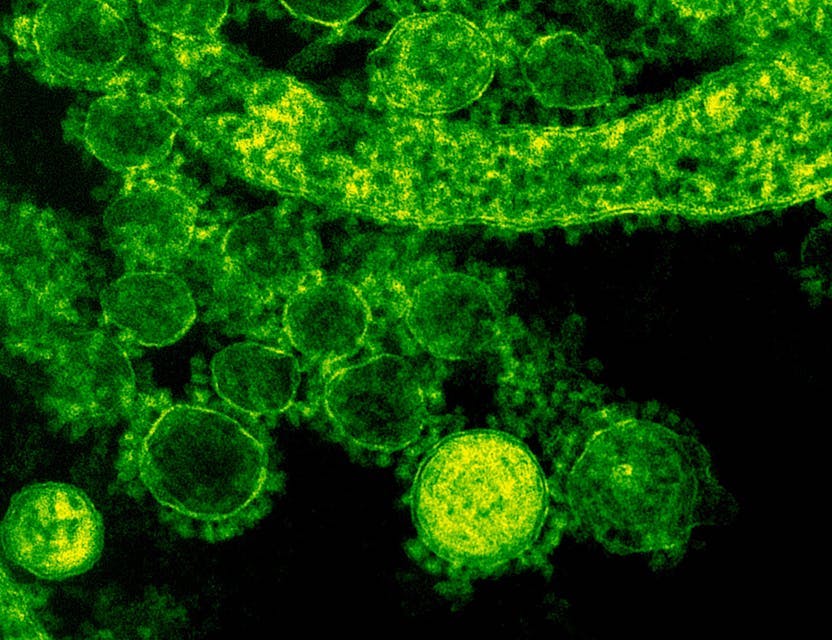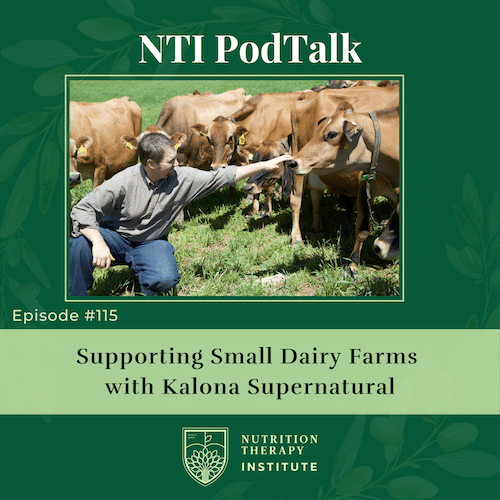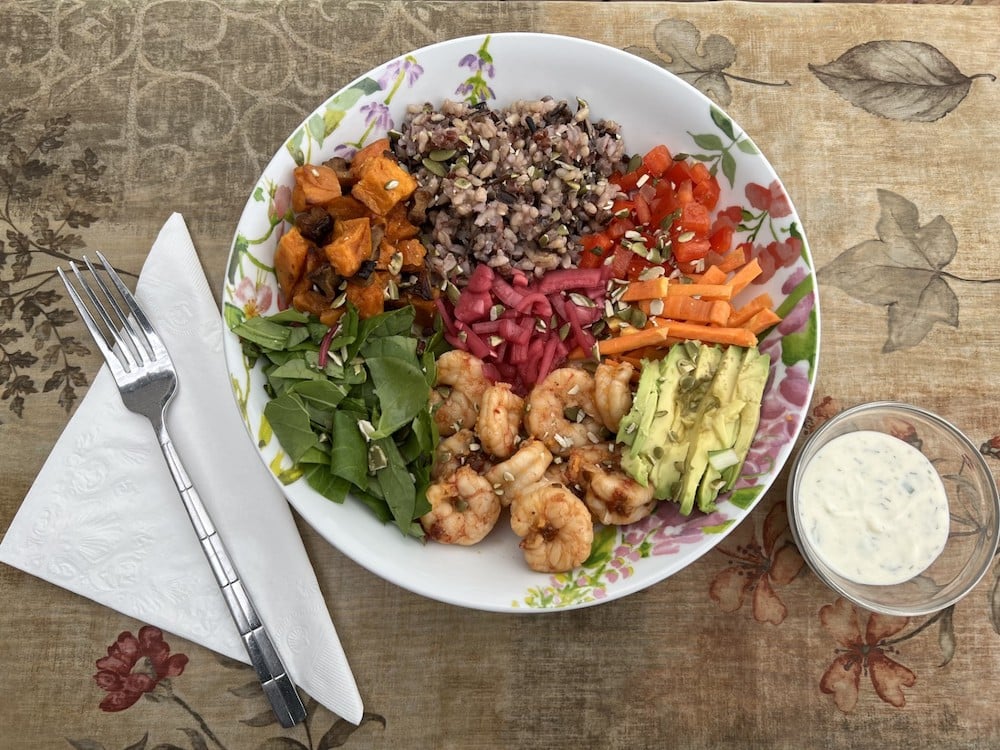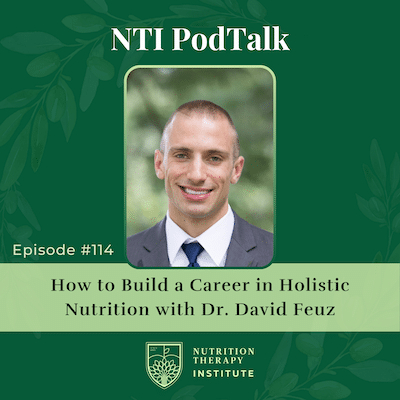
Share this post!
Here is a thought-provoking concept: How human are we? Really. A human being has about 10 trillion human cells, but there are 100 trillion microbial cells in and on our body. This means, that if we go by the total number of cells we have, we are just 10% human and a good portion of the rest are our amazing microbes.
When you look at all the genes that play a role in our body, we have about 20,000 human genes. There are, however, between 2 and 20 million microbial genes. So if we look just at gene count, our human genes comprise only 1% of total genes.
I personally find those numbers to be very humbling.
Scientists have learned that the gut biome plays a huge role in determining not only health, but also body characteristics, such as bone density and weight. In fact, they believe microbes may give animals certain super powers, such as making it possible for birds to fly.
The fact is we have an important symbiotic relationship with the microbes in our body. Some strains for example, create compounds such as vitamins and enzymes, which help us digest our food and keep us healthy.
Microbes influence our behavior. The cells of the immune system are able to synapse (communicate) with the cells of the nervous system. In a recent study, researchers at the University of Oxford discovered that people who took prebiotics experienced reduced levels of anxiety. (Prebiotics are a dietary fiber that help nourish our gut bacteria.) Those who took the prebiotic had lower cortisol (a stress hormone) than the control group, and they didn’t pay as much attention to negative information. The prebiotic group had a much more positive outlook on life.
READ MORE >>> Enhancing Gut Health: The Power of Prebiotics
How do we get our bacteria?
A baby first gets his initial microbe inoculation as he travels down the birth canal. If the baby is born via C-section, the initial inoculation will be from the bacteria of the skin.
Interestingly, the trip through the birth canal happens to be full of lactobacillus, which is a milk loving bacteria. Milk is, of course what a baby drinks.
When a child is young, the gut biome’s diversity and colonies build through exposure to different bacteria. It’s actually quite healthy for a child to crawl around and stick his fingers in his mouth. These exposures to bacteria play an incredibly important role in the development of the immune system. A study found that the kids who were not exposed to bacteria, parasites and viruses early in life, had a greater chance of developing asthma, allergies and autoimmune diseases as adults. This begs the question: are we too clean?
As we grow into adults, our various microbe populations are numerous and diverse. The diversity is what keeps things stable, which in turn helps keep us healthy. Science has found that healthy people have many more different types of microbes in their gut, compared to those who have chronic diseases.
When we have a diverse and stable gut biome, we generally experience good health. When the population is unstable, there is an increased risk of developing diseases like cancer, diabetes, autism, autoimmune disease and heart disease.
Although most bacteria are harmless, some are pathogenic. Certain populations of microbes will grow more quickly than other populations based on their environment.
factors that can affect the healthy balance of your microbial community:
- Age
- Diet
- Antibiotic Use
- Genetics
- Physiology
Changes in diet can be seen within 24 hours. People who eat a lot of carbohydrates for instance, will tend to have a lot of prevotella bacteria. While people who eat more protein will have more bacteroides.
When there are more harmful microbes than friendly ones, the balance is shifted, and this is what is called ‘dysbiosis’.
In dysbiosis, there is an immune system response and inflammation. In Crohn’s disease for example, the gut biome has more of the E.Coli species. Scientists think that E.Coli might activate an inflammatory immune response, which is how Crohn’s starts. Inflammation has also been linked to many other chronic adulthood illnesses, such as heart disease, diabetes, and Alzheimer’s.
In future articles we’ll discuss more of the exciting research that is taking place in this new frontier.
About Nutrition Therapy Institute’s Holistic Nutrition Certification
Nutrition Therapy Institute (NTI) is a leader in holistic nutrition education. Since 1999, NTI has provided students with the highest quality in nutrition training by offering comprehensive holistic nutrition courses online and in-person to help students achieve thriving careers as holistic nutrition therapists in the field of holistic nutrition counseling and wellness. Interested in starting our holistic nutrition courses and earning your holistic nutrition certification? Attend an informational webinar to learn more by signing up HERE.
Image: Image by CDC is free for use by Pexels
Share this post!


















